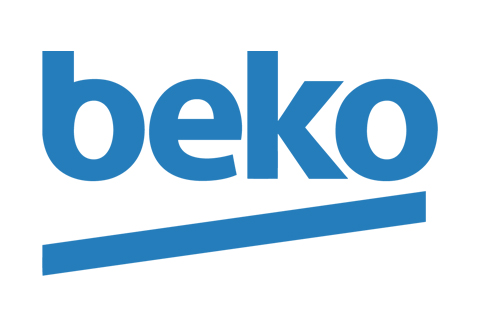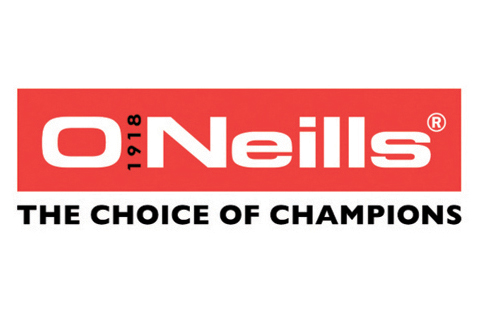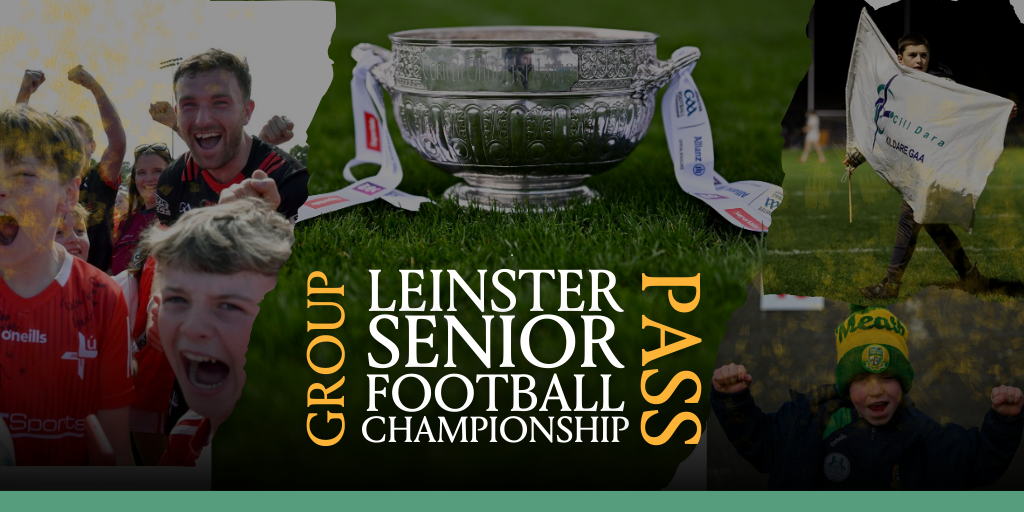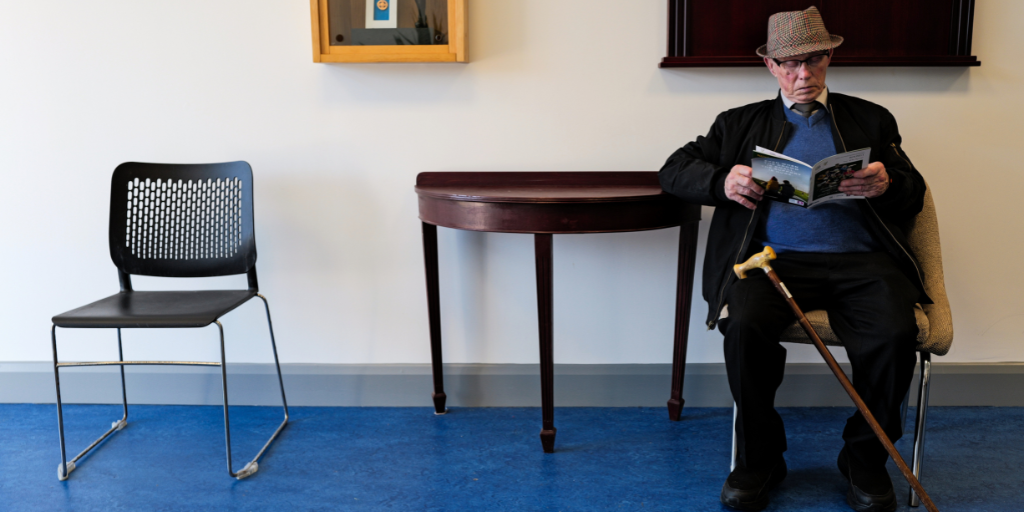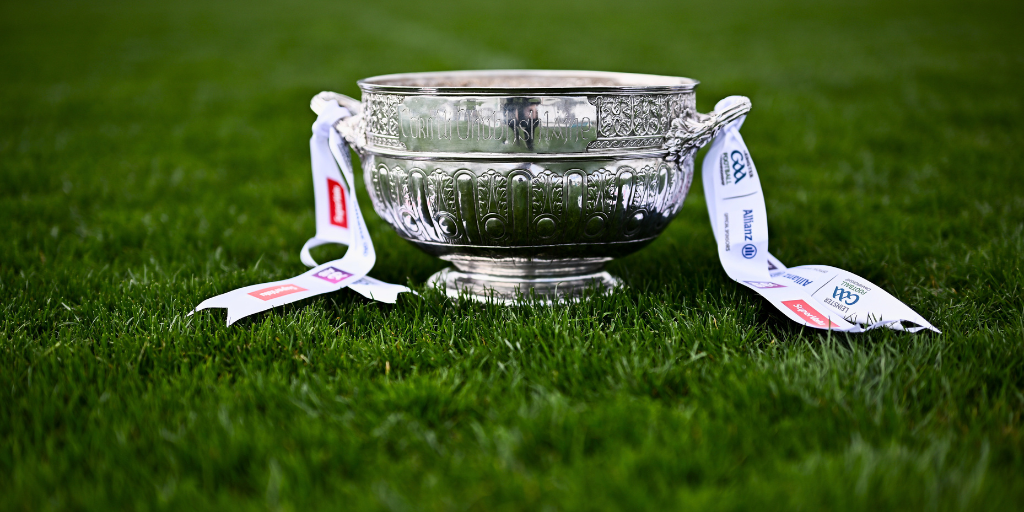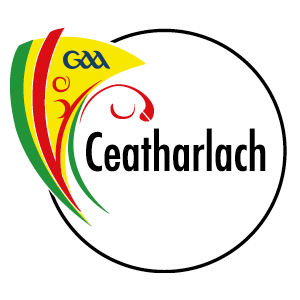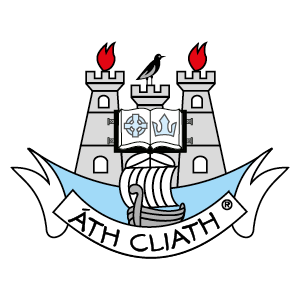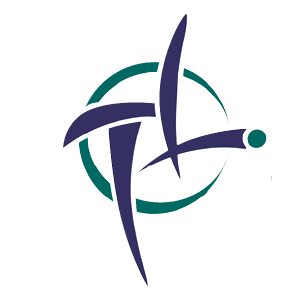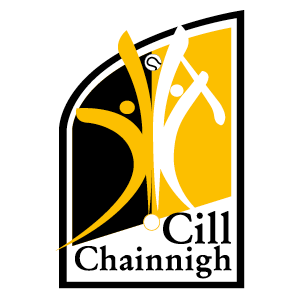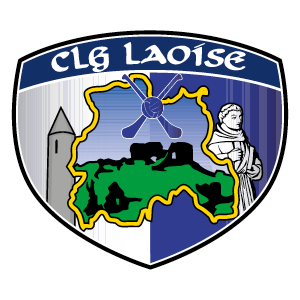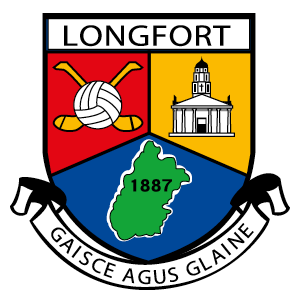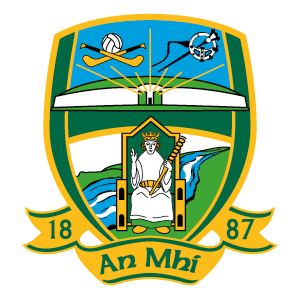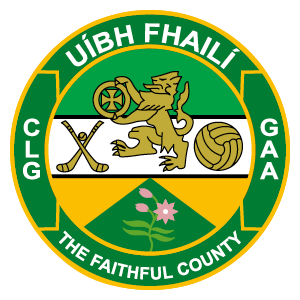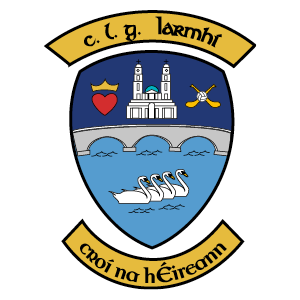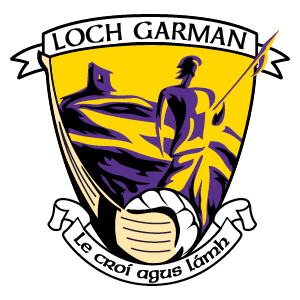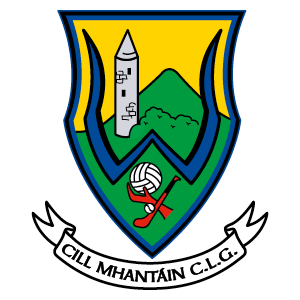Dublin Young Guns Coming To Through
20 of the 37 players on the Dublin hurling championship panel that will contest Saturday’s Leinster Hurling Final against Kilkenny have played at this level for three years or less.
16 of them have been brought in to the fold by manager Micheál Donoghue since he took charge last year, so it’s fair to say the Galway native has overseen a fairly rapid and comprehensive rebuild.
Which makes their presence in this provincial all the more impressive and begs the question how much better they can get in the short term considering their graph has risen steadily throughout the campaign to date.
Stalwarts like Sean Brennan, Eoghan O’Donnell, Paddy Smyth, Chris Crummey, Danny Sutcliffe, and Donal Burke remains as crucial to the cause as ever, but they’ve been buttressed by an emerging generation who have made an earlier impact than might have been expected.
Paddy Doyle is already a dominant figure in the half-back line, Brian Hayes has caught fire in midfield in his first season at this level, Dara Purcell is looking more assured with every game, and Diarmaid Ó Dulaing already looks like a serious attacking weapon even though he’s still in the U20 grade.
Others like Sean Currie, Conor Donohoe, Darragh Power, Liam Murphy, and Mark Grogan have also impressed when called upon, and suddenly the Dublin panel looks like it’s got a real depth of talent with options in most positions.
What’s striking about this new emerging generation of Dublin players is how they play the game.
A common accusation levelled at Dublin club hurling in the past was that it didn’t produce enough wristy hurlers because the quality of hurling coaching wasn’t quite on a par with what you’d commonly find in the more traditional hurling counties.
The 2021 and 2022 county finals between Kilmacud Crokes and Na Fianna offered proof that this is changing because both technically and tactically those games were as good as any you’d see in any club championship in the country.
This Dublin team under Micheál Donoghue plays a modern brand of hurling where the ball is worked through the lines with short, snappy passing, and he wouldn’t be able to implement it if the players at his disposal weren’t already well-versed in it.
Colm Burtchaell is Dublin GAA’s Hurling Development Officer and has seen the quality as well as quantity of hurlers produced by the county’s clubs rise significantly in recent years, but he still sees considerable further room for improvement too.
“There’s way more playing than there was 10 years ago,” he told GAA.ie. “Ger O’Connor and the County Board have a Coaching and Games Development programme with a lot of activity. There’s a lot of upskilling of coaches that has gone on and will continue to go on.
“There’s still plenty of work to do because the playing numbers have increased so much that we absolutely needed that and will continue to need qualified and well-educated hurling coaches. It definitely has improved, but there’s still plenty of work to do.
“In a lot of clubs hurling is relatively new. So, the same reservoir of coaching expertise might not necessarily be there for hurling as it would be for football in the traditional football clubs.
“There would certainly be a lot of parents and they’re great people to do it, taking on an U8 team and bringing them through all the way up through the age-groups, but they may not be from a hurling background and would be educating themselves on the fly and using the county board coaching and games programme to do that.
“The longer it goes on the more hurling people there are in a club. And a lot of clubs would make good use of their adult players in terms of getting them to go back and coach and give a hand at juvenile level.”
Kilmacud Crokes are a great example of a club that has built up that coaching expertise over time and with each layer of sediment have now gotten to the stage where the club’s hurling pathway is built on rock-solid foundations.
Dublin are now benefiting from this, with players like Brian Hayes, Dara Purcell, Mark Grogan, and Cian Ó Cathasaigh among the new generation that have made their way onto the panel in the last three years.
Kilmacud Crokes senior hurling team manager, Kieran Dowling, is a native of Offaly but has been involved with the club for over 40 years and in that time has seen first hand how the quality of coaching and the players that coaching has produced has improved steadily over time.
“Kilmacud when I got there in ’82 if you take from Stillorgan up to the mountains, there was very little to see,” says Dowling. “The houses around our club-house were only built in the early sixties.
“So, it takes a long time to seed the new area. That’s now happening. The first generation of players, their children are now starting to become coaches and are embedding the area.
“The standard of coaching has gone up, and one of the things that Dublin coaches are very good at doing is travelling for matches. That has helped development too.
“Very good coaches have come in. Martin Barry has done fantastic work out in Terenure with Matthew Collins who is a brother of Patrick Collins the Cork goalkeeper.
“It’s starting to replicate the old country model where former players are now coaching and you have strong club-school links. We are blessed that we have both Fergal Whitely and Oisin O’Rorke teaching in the area and bringing through the next generation.
“We have Bill O’Carroll who, while he’s still playing, also coached this year’s Féile winning team with Ros Cristoir.
“The coaching that we’re doing now in Kilmacud Crokes compared to what I would have done 30 years ago is hugely different. Jim Ryan, who is one of the Master Tutors, has been a great help in making sure we’re continuing to learn. Niall Corcoran has done a lot of very good work in terms of Coach Development because you’re dealing with a lot of parents who have never played Gaelic games.
“They have to be coached how to coach and Niall has done fantastic work at that over the years while still helping myself and Donal McGovern with the senior team in terms of tackling techniques and all of that. Niall is absolutely brilliant.”
The huge impact that Brian Hayes has made in his first year on the Dublin panel is a validation of the coaching he’s benefited from in Kilmacud because he’s a rare bird in so far as he never played for Dublin at minor or U20 before being called up to the senior panel this year.
That’s hard to credit really when you watch him hurl, because the combination of speed, skill, creativity, and scoring ability he has brought to the Dublin midfield has given the team a dimension it didn’t previously have.
“Fair dues to him, it’s a testament to the amount of hard work that he put in on his own and under our S&C coach to develop and take his chance,” says Dowling.
“He came out of the blue. We had lost a lot of players after we won in 2021 and he ate the gym for the entire winter and because we had so many away with Dublin between the seniors and the U20s. We put him out midfield to try him in a new position and he just blossomed during the League and has really developed and taken off from there.
“He hasn’t stopped working and he’s reaped the rewards. It’s actually it’s a great success story for kids in the club to see that you don’t have to play underage for Dublin, that you can still go on and play for the senior inter-county team regardless.
“If you just keep going and you continue to develop yourself it will happen because in fairness to Micheal Donoghue and the lads they were at club matches and were looking and taking the temperature of the talent that was out there and had no preconceived notions about who was good and who was bad.
“They liked what they saw in Brian and gave him a chance.
“He has a very good stride, very good hands, he has all the basics. In fairness to the underage coaches in the club that he had with him like Pat Halpin, Kevin Coakley, they worked on the basics so his basics are very good.
“Then you ally that to a developing body and he’s done really well. He’s a lovely fella. He’s very humble, very grounded.”
If the numbers of hurlers in Dublin continues to grow rapidly and the quality of coaching manages to keep pace to cater for them, then it’s easy to project a very bright future for the sport in the capital.
Dowling believes that process would be accelerated further if the profile of hurling was raised by some success at inter-county level.
“Dublin is still a football county,” says Dowling. “What we need to do is start winning regularly at underage and senior so that people can see it’s worth sticking with hurling and not just head off to play football.
“Because if you look at the 2011 and 2012 minor teams, the likes of Cormac Costello, Ciaran Kilkenny, and Eric Lowndes were all really top quality hurlers but they chose to go off and play football. The same with Con O’Callaghan a few years later.
“When you add it all up they were horrific losses out of a small pool compared to the pool that’s there for football. We need to nurture everybody that’s there and develop them and keep them. We need to win the battle for hearts and minds and keep winning it, then eventually you’ll get somewhere.
“It’s about developing numbers, developing quality, and then making sure that the cream rises to the top and is facilitated by top-notch coaching for inter-county. We need to start winning at underage.”
Colm Burthcheall agrees that some hurling silverware in the near future “wouldn’t do any harm”, but he doesn’t believe that the rude health of Gaelic football in Dublin should hold hurling back in any way.
“We’ve always been a traditional football county but we shouldn’t be using it as an excuse either, we’ve lots of advantages here that other counties around would kill for,” he says.
“The clubs are bursting at the seams with numbers so we’ve a lot of things going for us so complaining about losing a few to football doesn’t help us, we need to drive on and the more success we have at underage and adult level the easier it will become. But we can’t be blaming football for anything. We’ve lots going for us here.
“The U20s had a decent year reaching the Leinster Final which is essentially an All-Ireland semi-final with the structure in that grade and they pushed Offaly hard in that match. And Offaly are obviously a brilliant side. You could certainly pick some guys from that team you’d be hoping would make the step up sooner rather than later.
“The minors were beaten in the All-Ireland Quarter-Final by Galway narrowly enough last Monday and lost the Leinster Final to Kilkenny narrowly enough. Again, they had quite a good year, there’s lots of games in the minor now which is great and they won quite a lot of games and were very, very competitive.
“There’s plenty to be optimistic about. There’s plenty of talent around the place and we just need to harness it and get them through to the senior team over the next few years.”


